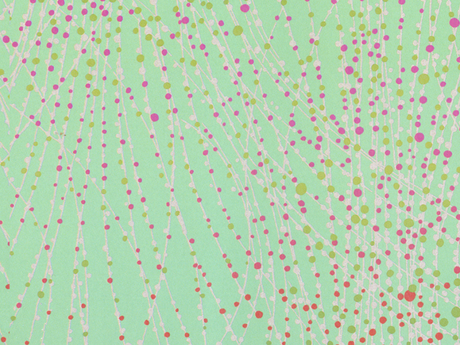New American Poets
New American Poets: Misty Harper

Sure, A Love Push Past Late Clouds
You do a little broken dance
in the vicinity.
Really that's all there is to it.
The dustpan's tiny ramp,
The hand that cups the struck match.
Highs in the lows and lows
in the uppers.
We leave our dimpled beds
and lock our belongings behind a door,
and who knows what time is doing time for,
but look at the care with which
the hand of the hidden body sometimes pats us down.
Poem by Misty Harper. All rights reserved. Reprinted with the permission of the author.
Do you think that poetry can have an effect on everyday speech? How?
Thinking about this question, I kept turning instead to what differentiates poetry and speech, especially the circumstances of each.
Poems can avoid time and place (as constraints) in a way that everyday speech usually does not. Conversation originates from and remains largely situated in the present, even when the past becomes a focal point.
Writing poetry allows one the latitude to take a long look around, gleaning the pieces that will begin to form the poem, and to continue to listen for what insists on being moved from thought into writing. Through drafts, some lines shift from idea to matter or from image to concept, like water changing form.
In stops and starts of adding and taking away material, rearranging, restating, cognizing and recognizing, introducing patterns, the poem develops in its own time. Although all of these processes could happen in a single conversation, the impetus would be essentially different.
Marianne Moore wrote this in a November 10, 1921 letter, following a description of a ballet she'd seen the previous week: "A thing, however, which I liked as well as any of this conscious art, was an analysis I saw some time ago in the movies, of the movements of football players in a match game—all the movements slowed down by the speedograph so that the players seemed to move like sea-horses or float through the air like scarves. The ball waved when kicked instead of descending in a perfect ellipse and when the players caught it you felt as if they were catching cobwebs."
Such transformation through a slowing down. Similarly, freed up from time, the particulars/particles brought into a poem are dislocated and become plural.


